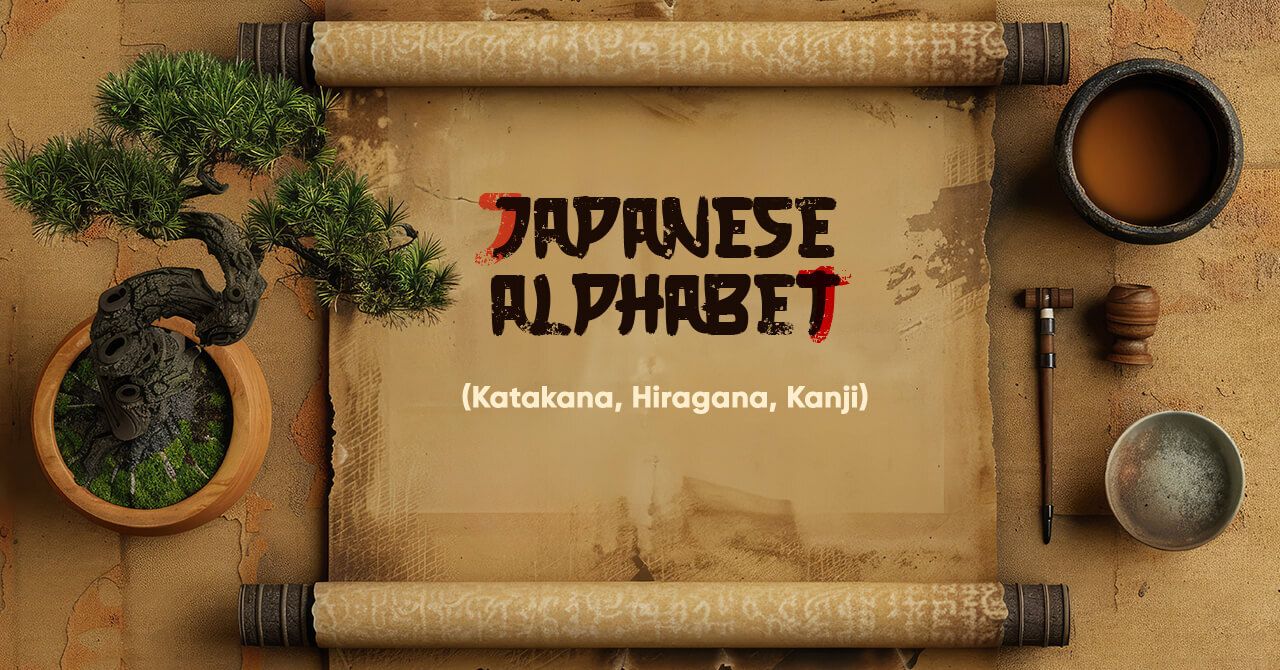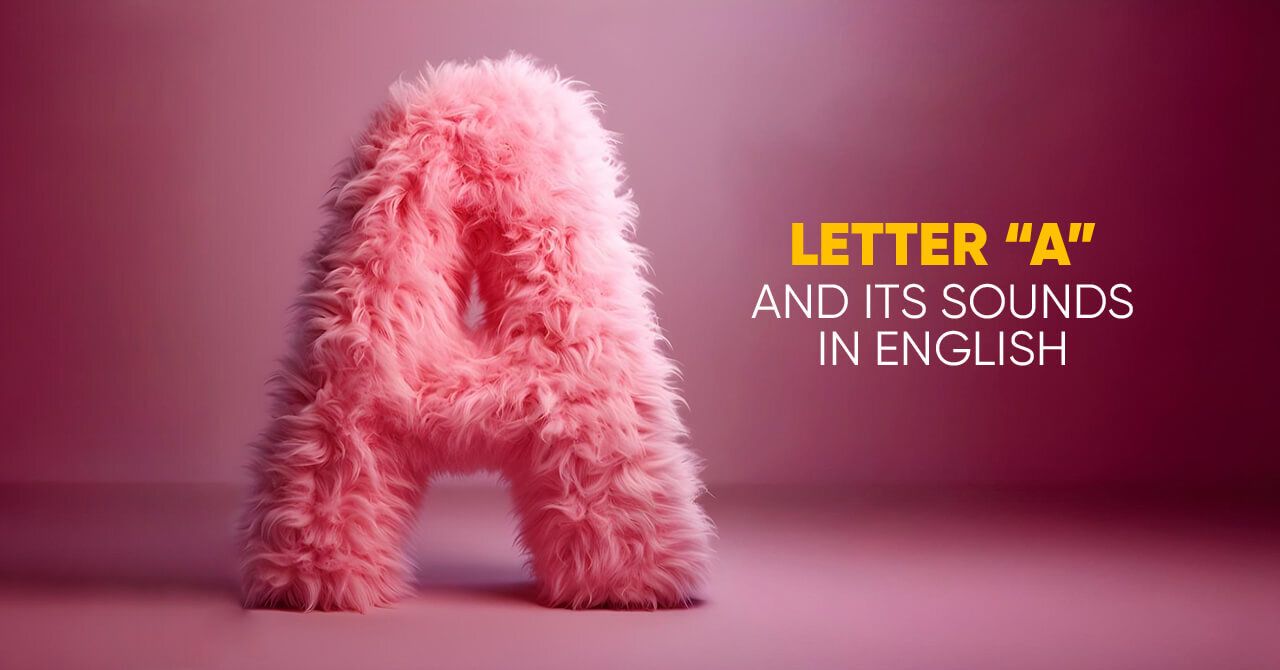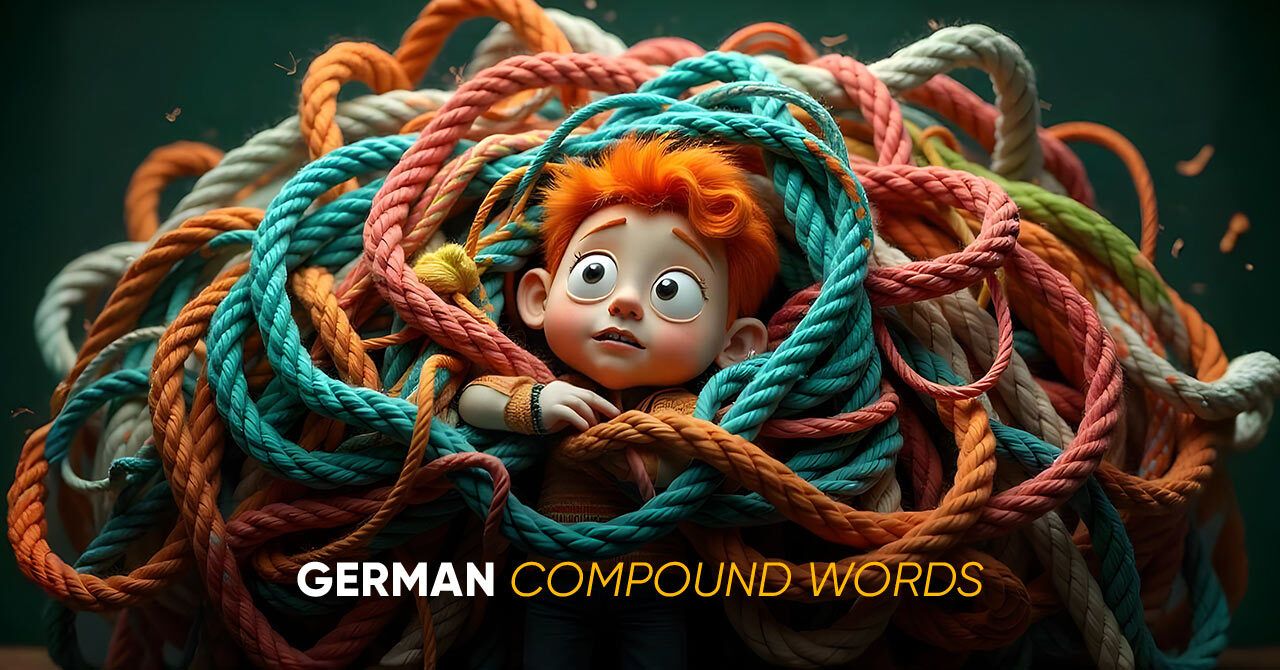LiveXP Blog
Develop yourself by learning new skills with LiveXP. Grow with us!

Explaining Japanese Alphabet: Katakana, Hiragana & Kanji
Japanese writing consists of three writing systems: Hiragana, Katakana, and Kanji. Every script serves a certain purpose that deepens the language.

Understanding the Complexity of the Letter “A” in English
One English letter can stand for one or even up to five or more sounds. Wow! Sounds complex, right? Don’t worry!

German Compound Words: How Not to Be Confused
The German language and compound words are inseparable. It gives the speaker a unique chance to transform any of his observations from a complex idea into one simple word.

Learning Days of the Week in Japanese: A Visual Memory Technique
The Japanese names for the days of the week originate from the ancient Chinese seven luminaries system (七曜).

Portuguese Active Sentences That Can Be Translated Into English Only in Passive
Many important everyday sentences in Romance languages (descendants of Vulgar Latin), such as French, Italian, Spanish, and Portuguese, can only be structured in the passive voice and NEVER occur in the active voice when translated into English. This difference occurs because English doesn’t use reflexive or active constructions to describe actions that impact a person indirectly as much as Latin languages. Unfortunately, as far as I know, there are not any established rules to preview when a s

Blended Words: Shortcuts That Shape Our Language
Blended words, or portmanteau words, combine elements of two existing words—usually their sounds and meanings—to form a new word.

How to Enhance Your Arabic Skills Effectively With Podcasts
Keep in mind that it may take you about a week to study and understand a text of around 150 to 200 words. This isn’t a strict rule; progress depends on your dedication and effort. Some people can learn quickly, while others take more time.

Traditional vs. Simplified Chinese: What to Learn?
Simplified Chinese was created in the mid-20th century to make learning easier by reducing strokes and standardizing characters to improve literacy.